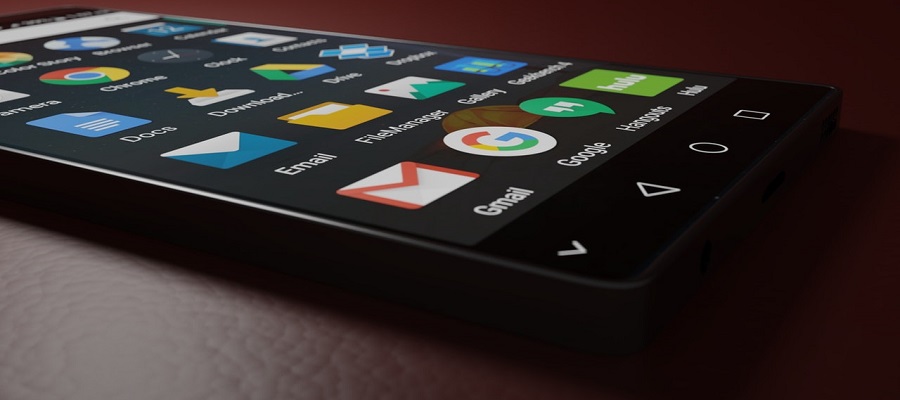Google takes a closer look at your private content on Google Drive

When using cloud storage, you should always be aware that you are using other people's computers and have to adapt to their rules. Google is now apparently taking a closer look at what users want to store on their respective Google Drive storage space and share with other users.
As it turns out with increasing frequency, the notes in the terms and conditions are to be taken quite seriously. Among other things, they state that pornographic content is not desired. And those who actually consider their Google Drive as a private storage available everywhere can have unpleasant experiences here in case of doubt, because Google really looks at what the users upload here.
To do this, it uses a mixture of automatic and manual checks, the company told US magazine Motherboard. This means that software filters perform an initial rough analysis and content that cannot be clearly determined is also viewed by Google employees. So anyone who makes somewhat raunchy private recordings, for example, should perhaps not necessarily store them on Google's storage if they are to remain private.
Privacy is relative
The magazine shows how it can work here with a young woman who earns her living in the webcam erotic business. She had raffled off participation in a video shoot among her fans. When everything was ready, she wanted to send the corresponding pornographic clip directly to the winner. However, the attempt to upload the corresponding file to her Google Drive account and thus share it with the user in question always ended in error messages.
Similar experiences have also been reported in recent days by various other women who earn their money in this field. Most of them have been using Google Drive for years and never had any problems. In the meantime, Google seems to be tightening the screws and really taking a closer look at what users use their storage space for.
According to the reports, the content is also checked in detail. So it's not enough to give files innocuous names. Google's filtering systems can now make use of powerful image analysis algorithms, which can also take a look at a video and/or pass it on to a human employee. So if you really want to exchange private data with others, it's probably better to send a USB stick - because at least the post office rarely looks in envelopes.


